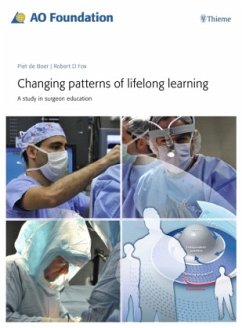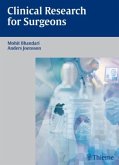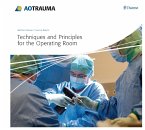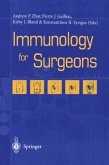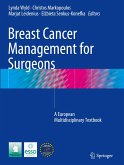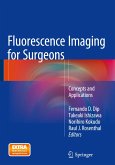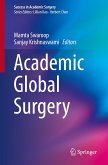Complex phenomena, such as the transitions that surgeons make from stage to stage throughout their career and the impact of these transitions on lifelong learning, can only be understood through a process that involves in-depth exploration in this case, actual experiences of real surgeons as to how their careers progress and their reflections on how learning and education play a role. Such a study gives an understanding of actual processes and suggests potential directions to target focused change.
This study was developed with the idea that by understanding over 100 surgical careers in-depth, we could present a representation of the pathways that are characteristic of orthopedic surgeons as they progress through the stages and transitions that characterize their career. We could understand how these changes affect their learning processes and the activities they engage in to improve surgical care. Such an in-depth exploration using rigorous interview procedures should reveal and portray accurately the stages surgeons experience and the transitions that accompany those stages as they move through their career. Changing Patterns of Lifelong Learning is the culmination of an 18-month research project based on interviews with 147 surgeons throughout the world. The findings show the evolving picture of career pathways that have changed over time and which vary from country to country. The book proposes a new model for understanding how a surgeon progresses from stage to stage in his or her career and describes how different career stages are associated with differing needs and educational preferences. It also illustrates how the way surgeons learn has changed and gives insights into what the future of successful medical education might look like. Understanding how surgical careers develop is critical if educational offerings are to be precisely targeted at physician needs. This publication is essential reading for all those interested in the field of medical education, especially those with global aspirations.
This study was developed with the idea that by understanding over 100 surgical careers in-depth, we could present a representation of the pathways that are characteristic of orthopedic surgeons as they progress through the stages and transitions that characterize their career. We could understand how these changes affect their learning processes and the activities they engage in to improve surgical care. Such an in-depth exploration using rigorous interview procedures should reveal and portray accurately the stages surgeons experience and the transitions that accompany those stages as they move through their career. Changing Patterns of Lifelong Learning is the culmination of an 18-month research project based on interviews with 147 surgeons throughout the world. The findings show the evolving picture of career pathways that have changed over time and which vary from country to country. The book proposes a new model for understanding how a surgeon progresses from stage to stage in his or her career and describes how different career stages are associated with differing needs and educational preferences. It also illustrates how the way surgeons learn has changed and gives insights into what the future of successful medical education might look like. Understanding how surgical careers develop is critical if educational offerings are to be precisely targeted at physician needs. This publication is essential reading for all those interested in the field of medical education, especially those with global aspirations.

